Meta Connect 2025 could be the most important showcase yet — the moment AI glasses hype finally meets reality. Meta Connect 2025 kicks off today (September 17) at 5 p.m. PT / 8 p.m. ET / 1 a.m. BST, marking Meta’s biggest annual developer conference. The company traditionally uses this stage to unveil its most ambitious hardware and software. This year puts a sharper focus on how we will interact with digital content, and it is happening at Meta’s headquarters in Menlo Park, California.
The pieces are finally in place, mature AI, better displays, and real gesture recognition. Earlier smart glasses stumbled on limits we all felt. Now Meta has sold millions of Ray-Ban Meta smart glasses, proof that people actually want this category. Also, this edition marks the first since the creation of Meta Superintelligence Labs, led by former Scale AI chief Alexandr Wang, a signal that Meta’s AI ambitions are stepping up.
Smart glasses take center stage, finally
Here’s where things get interesting. Zuckerberg will be sharing the "latest on AI glasses" and "Meta’s vision for artificial intelligence and the metaverse". After years of promises, smart glasses are edging from party trick to daily tool. Meta is widely expected to launch the new Hypernova smart glasses, also referred to as Meta Celeste, featuring AR waveguide displays, integrated cameras, microphones, and an onboard AI assistant. And there is a twist, a gesture-controlled wristband may also be included in the consumer-ready model.
The technical story is compelling. The Meta Ray-Ban Display glasses could feature a small display on the right lens, showing navigation and other info. The sEMG wristband will offer gesture controls for the glasses. Think of it as the next step in wearable computing, finally moving beyond the phone as the default interface.
The real leap is contextual understanding. Meta’s YouTube channel previously hinted at a heads-up display and hand gesture controls for the smart glasses. Imagine the system spotting objects in your view, translating text on the fly, layering in turn-by-turn directions, and answering questions about what you are looking at. Current Ray-Ban Meta glasses rely on voice or touch. The new models could anticipate needs based on your gaze and surroundings. Less summoning, more seamless help.
The hardware lineup that could reshape everything
Here is the broader slate beyond the headliners. Leaks point to three models: Ray-Ban Meta Gen 3, Oakley Meta Sphaera, and Ray-Ban Meta Display. The Ray-Ban Meta Gen 3 smart glasses are expected to be announced, featuring new design options, extended battery performance, and upgraded Meta AI features. Meanwhile, Oakley Meta Sphaera glasses may be getting a new style geared towards active lifestyles.
The curveball? An Asus ROG VR headset with Horizon OS, potentially the first third-party device on Meta's platform. Meta’s partnership with Asus aims to develop a "performance gaming headset" codenamed "Tarius", which could be the first third-party headset to ship with Meta Horizon OS.
This partnership play points to platform ubiquity, similar to how Android spread across many phone makers. By opening Horizon OS to partners like Asus, Meta can chase specific audiences, for example PC gamers who want premium VR, while keeping the core AI and social layer intact. More choice for buyers at different prices, more data for Meta across varied hardware, faster adoption if the bet lands.
AI integration that actually makes sense
This Connect leans on a deeper AI base. The lab is expected to play a central role in Meta’s AI ambitions, and the aim is not bolt-on features, it is rethinking how we interact with tech.
he leap is proactive contextual AI. Glance at a restaurant — reviews, hours, and menu highlights appear instantly. Pick up a product — specs and prices surface in real time. Pick up an unfamiliar product, the AI surfaces specs and price comparisons. Walk through a foreign city, street signs translate themselves as you move.
The developer keynote on Thursday, September 18 at 10 a.m. PT / 1 p.m. ET / 6 p.m. BST will deliver announcements about the "future of glasses with contextual AI" and the "future of computing". That points to a world beyond voice assistants, toward ambient computing that reacts to what you see and hear.
PRO TIP: The jump from reactive to predictive is the whole ballgame. Phones make us ask. Next-gen glasses anticipate, based on the moment you are in.
How to catch all the action
Tuning in is simple. The livestream for the Connect Keynote can be watched on Facebook and Meta Horizon on Quest headsets, and you can register for Meta Connect by plugging your name and email into the Meta Connect website and clicking "Register for the livestream". And yes, unlike Apple or Google, Meta doesn’t stream its conference keynote on YouTube.
For the most immersive view, if you’re all in on the virtual reality future, you can also watch the event on a Meta Quest headset by going into the Horizon page and selecting the VR viewing option. Meta’s agenda says the keynote will be roughly an hour, tight and to the point.
It is a two-day show for a reason. Day one is consumer headlines and vision. Day two focuses on developers, exploring virtual reality, artificial intelligence, and new tools for application development, with technical sessions available through Meta Quest headsets in Horizon and on the Meta for Developers page.
What this means for the future of tech
Meta Connect 2025 is more than another product launch. It could be the moment AI-powered wearables shift from experiment to essential. The appetite is there, the tech has matured, and the use cases finally feel useful, not gimmicky.
The parallel to 2013 is hard to miss. Google Glass did not fail because the idea was bad, it was early. Dim displays, battery that barely lasted, basic assistants, and plenty of social stigma. Fast-forward to 2025, and we have AI that understands context, brighter displays suitable for outdoor use, all-day battery claims, and frames that blend in.
This matters beyond the gadget crowd. If Meta nails seamless contextual AI in frames people want to wear, we could see the biggest shift in human-computer interaction since the smartphone. Information becomes ambient instead of fetched. Help becomes predictive instead of reactive. The physical and digital blur until augmented reality feels natural, not noisy.
Pricing and availability details for the new products have not yet been announced, and given the Ray-Ban track record, expect premium pricing for cutting-edge functions. The real test, does the AI feel natural enough to justify the spend, and do the gesture controls hold up outside a demo stage?
This Connect isn't about flashy demos. It's about proving smart glasses solve real problems for real people. If they do, 2025 could be the year the category goes mainstream. If not, we wait for the next breakthrough.






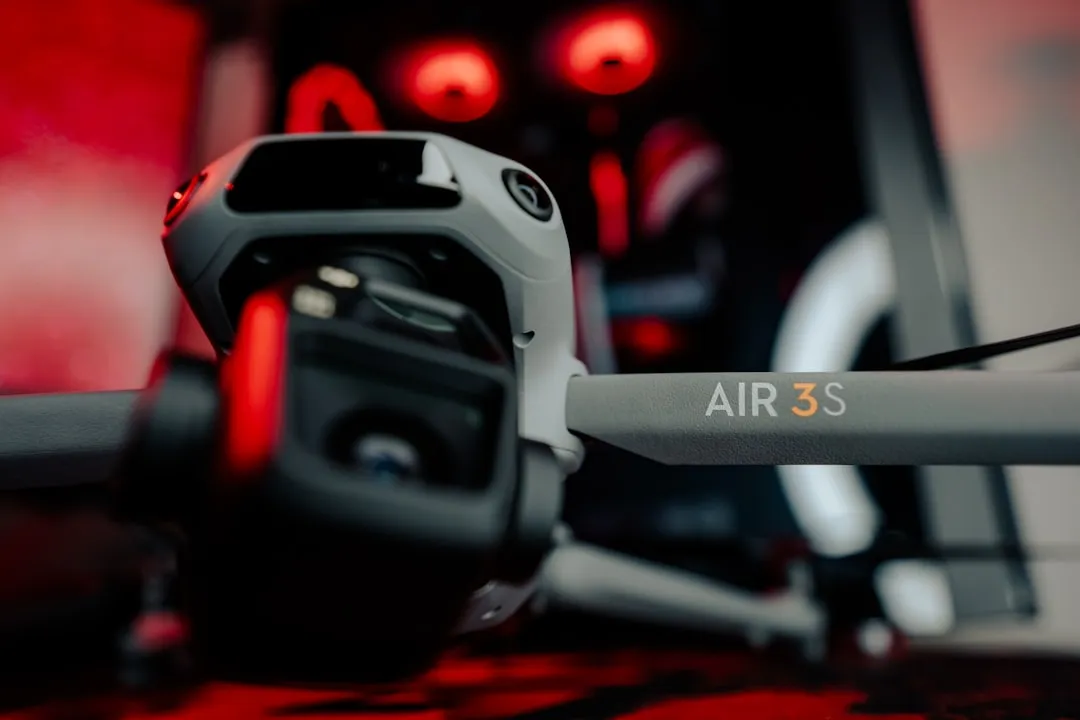
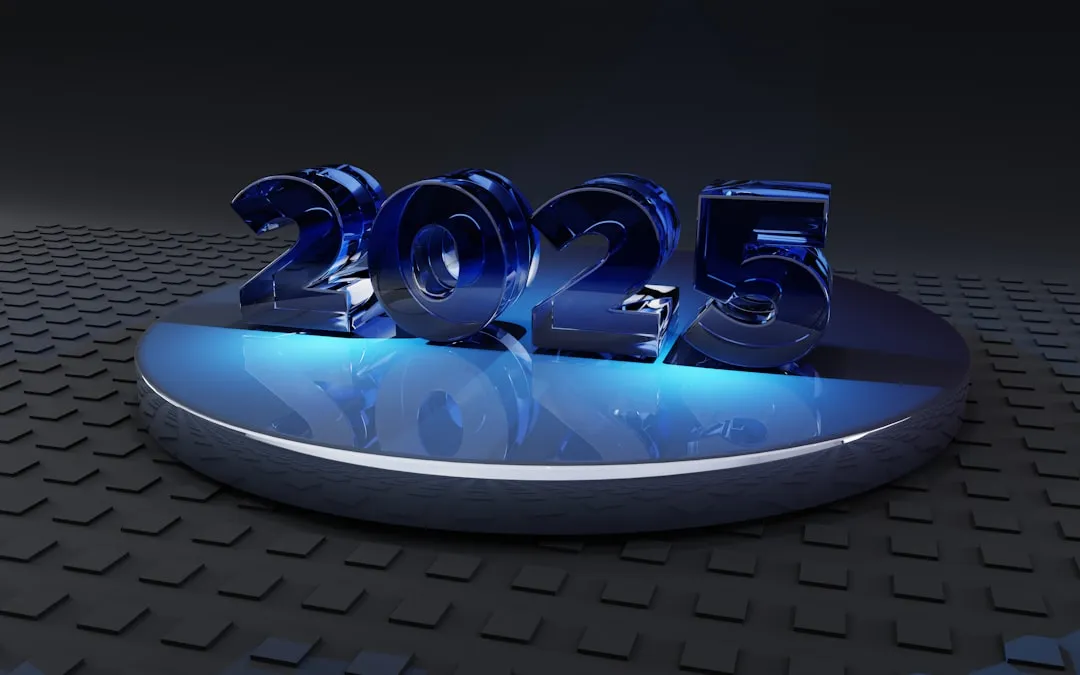
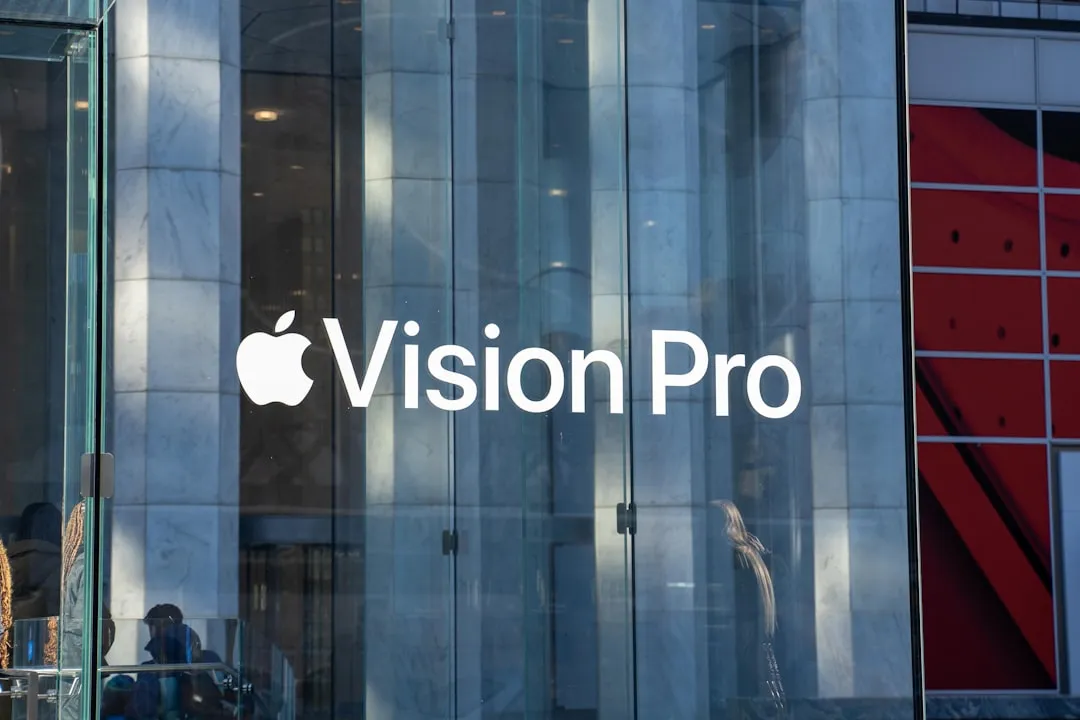

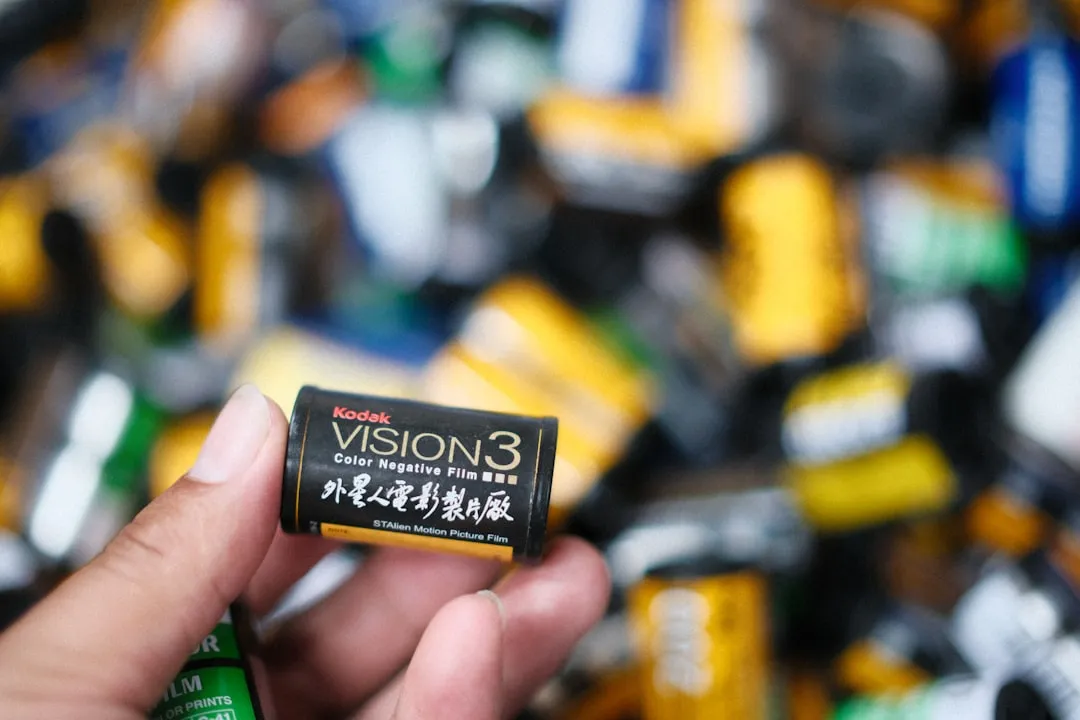
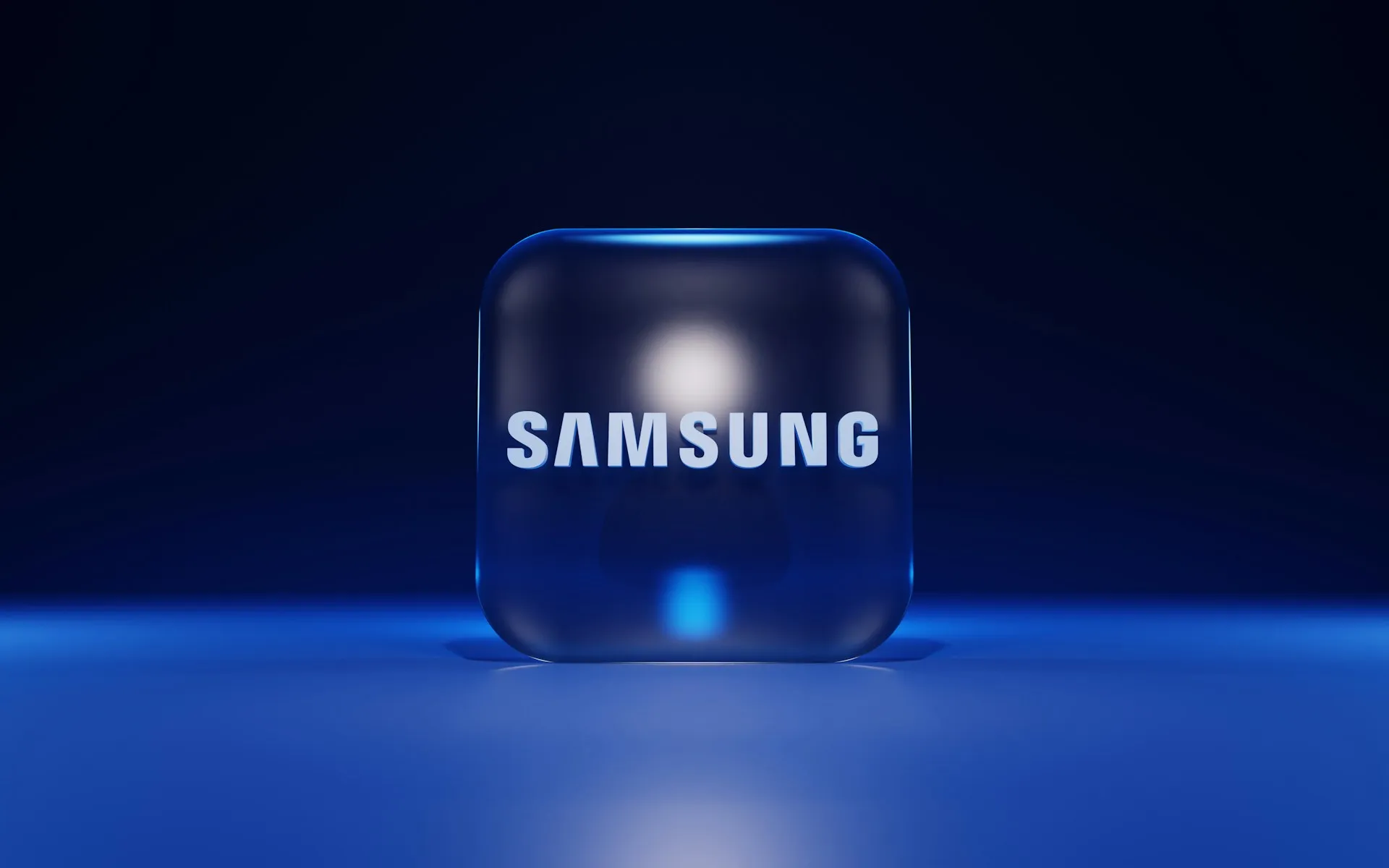

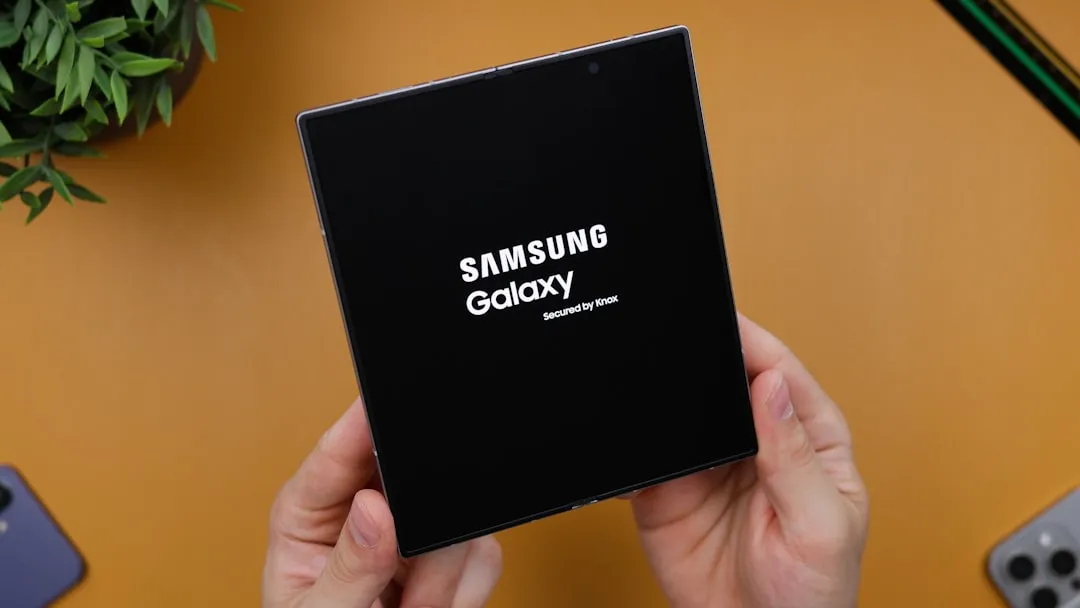


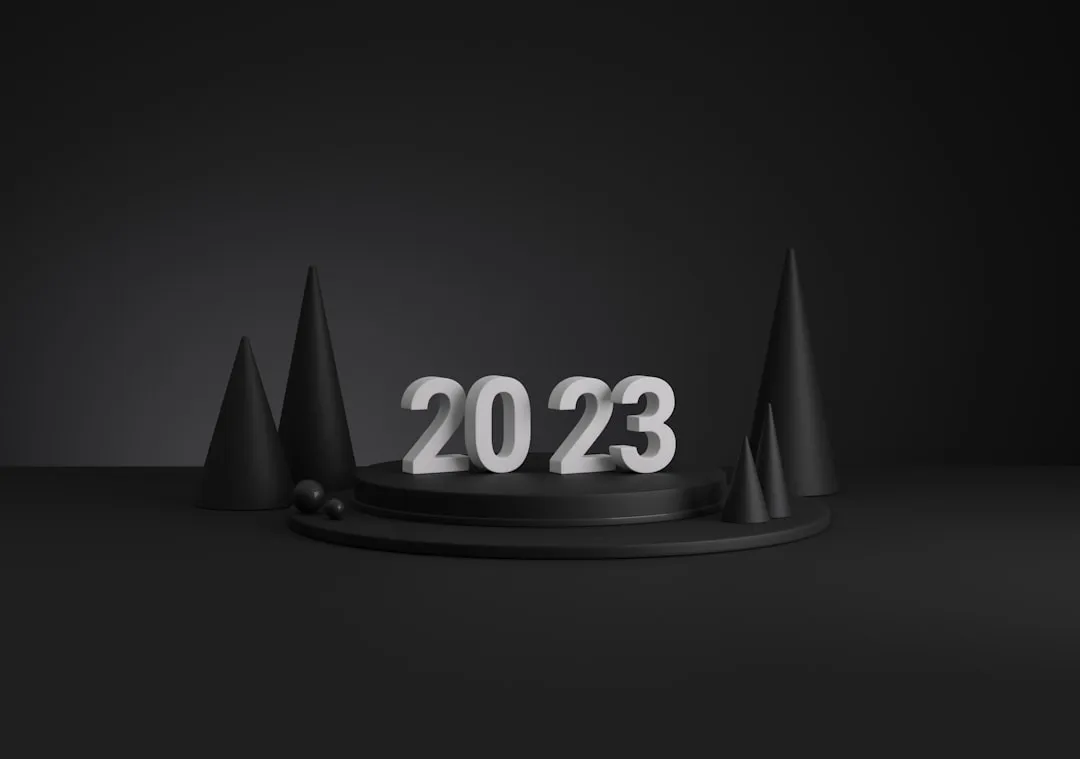

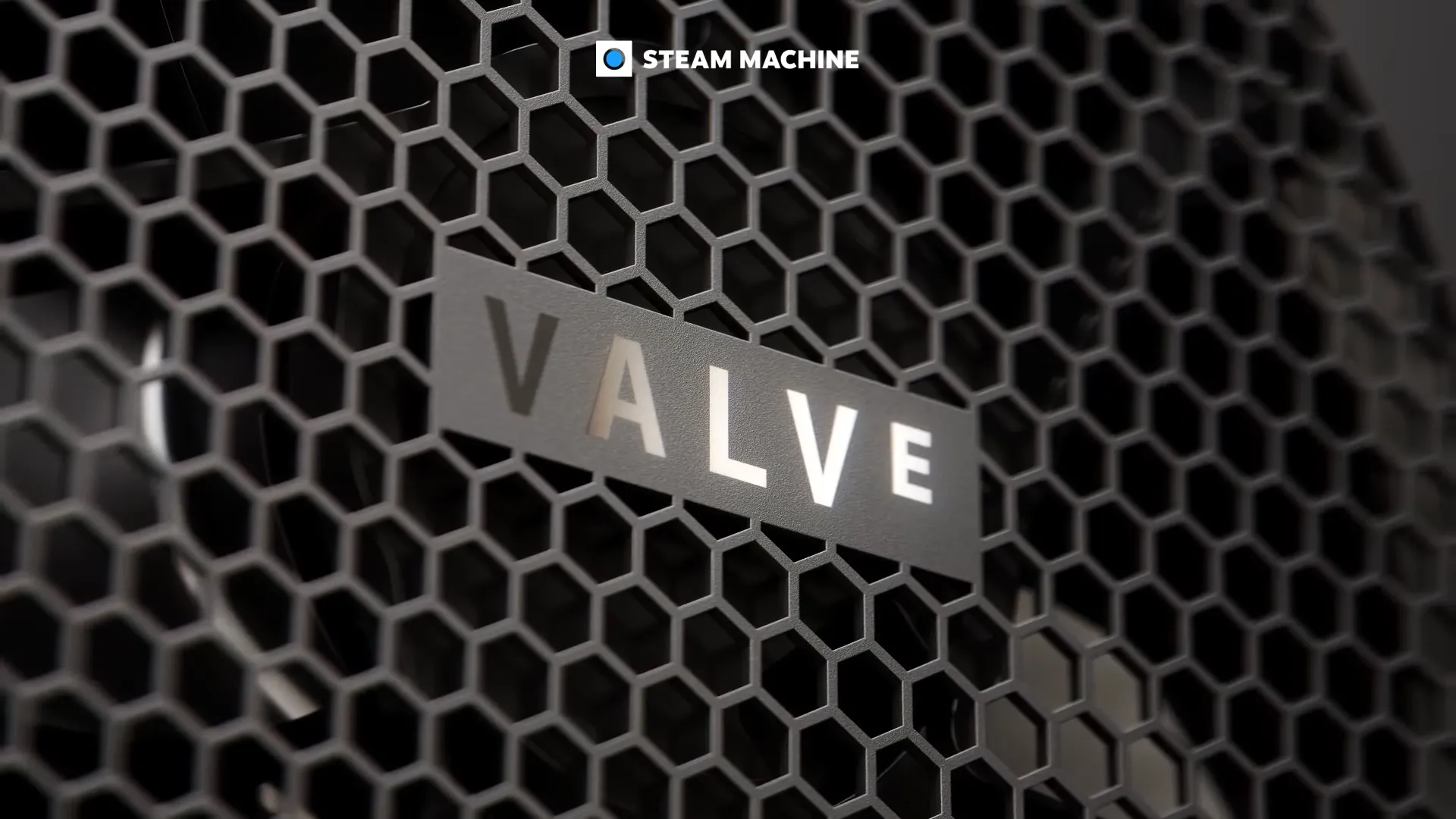
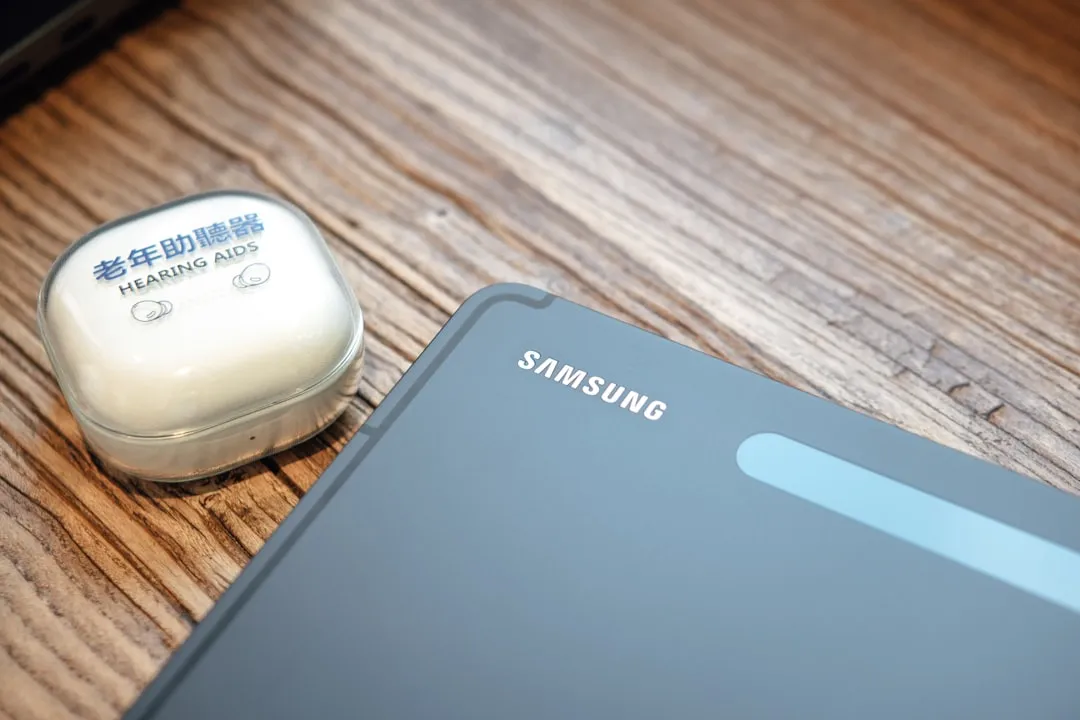



Comments
Be the first, drop a comment!